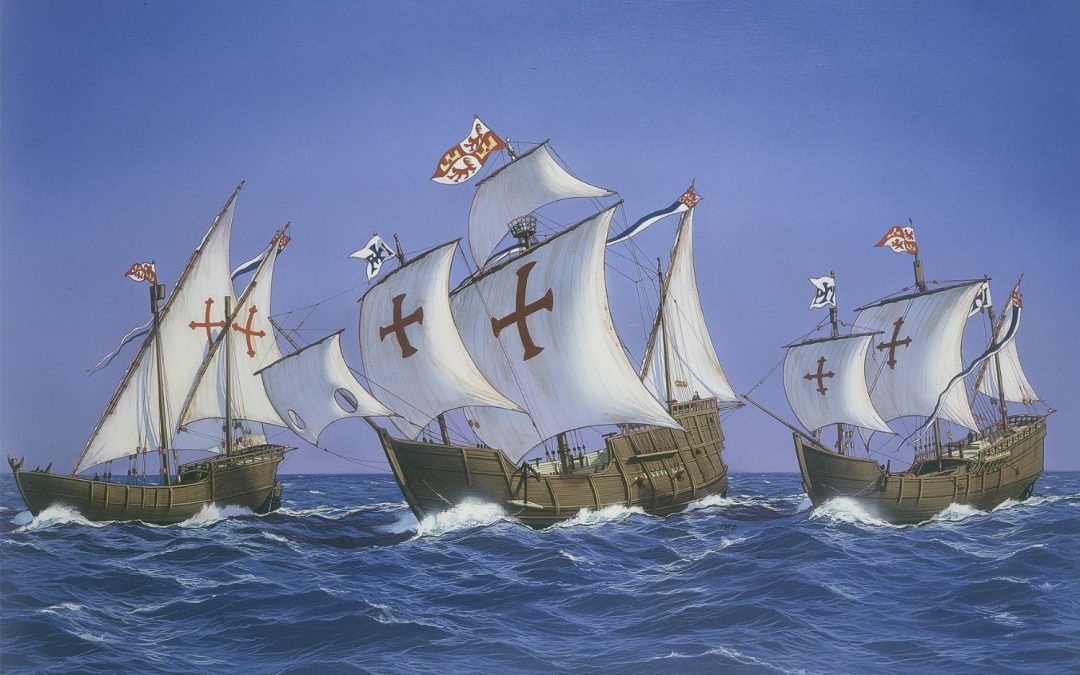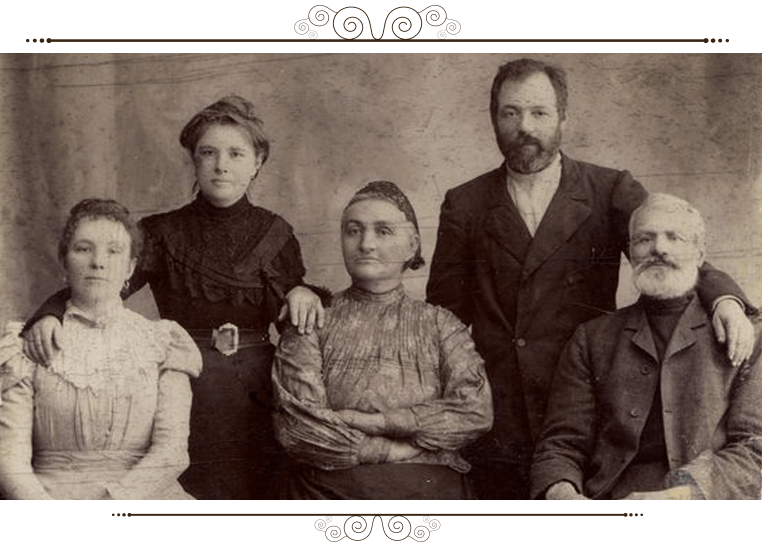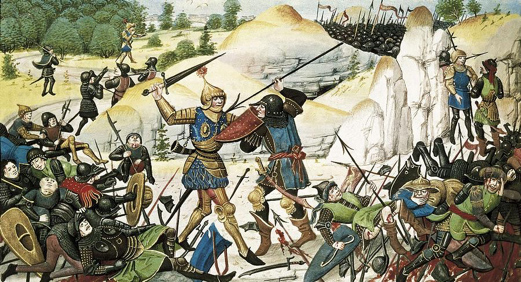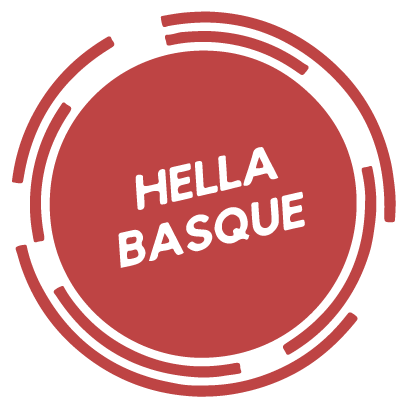
by Anne-Marie | Nov 8, 2018 | Entertainment, History |
I fell down a rabbit hole on the internet this week.
You know when you search for one thing and then end up spending hours clicking link after related link?
That’s what I’ve been doing with Basque sheepherding videos.
I love learning about my Basque heritage but especially when it comes to Basques in the United States. And for a lot of our family histories, that means tracing our roots back to Basque sheepherders in the West.

by Anne-Marie | Oct 8, 2018 | History |
Today is Indigenous Peoples’ Day. You may know it as Columbus Day.
As an American, I am ashamed on this day for our history as a country.
As a Basque American, even more so.
Let me explain.
Growing up in American schools, we didn’t learn much about the genocide and abuse of Native Americans throughout US history. Only in high school did the curriculum start to touch on these issues, but even then it was for a brief discussion of smallpox blankets and a unit on The Trail of Tears. Then we all moved on to other things.
Until that point in my education, it had all been happy relations between Pilgrims and Indians for Thanksgiving celebrations and the “cooperation” of Native Americans in “helping” Spanish monks build up California in the colonial Mission system.
Not a word on rape, murder, execution, massacres, genocide, enslavement, forced Christianization, forced removal, transgenerational trauma, cultural appropriation, and the numerous other inhuman acts European colonizers committed against Native Americans.
The little knowledge I have on these topics (I do not by any means claim to be an expert) has to do with readings I did outside of American education.
But for years growing up, whenever I learned of the abuse of Native Americans, I felt some small sense of security that at least my people were not colonizers.
My family were recent immigrants to the United States and had no role in stealing Native American lands and oppressing their cultures and languages. For centuries my family were stuck in rural France, working the land, and being oppressed in their own way by the French monarchy and subsequent Republics. Right?
But every once in a while I would hear Basque people mention something about how the men who sailed with Christopher Columbus were Basque, that Columbus’ ships were made in the Basque Country. One theory even holds that Columbus himself was Basque.

by Anne-Marie | Aug 29, 2018 | History |
Several people have asked on the Hella Basque Instagram account how they can learn more about Basque culture, and I opened the question up to our Facebook page.
For many Basque Americans, The Basque History of the World: The Story of a Nation by Mark Kurlansky has been essential to discovering more about the Basques throughout history, especially in regards to the language, culture, and origins of the Basque people.
Linguists have determined Euskara, the Basque language, to be a language isolate, pre-Indo European and unrelated to any other language in the world.
Scientists aren’t sure where the Basques came from, but the latest research speculates that the Basques came from a group of farmers on the Iberian Peninsula that lived between 3,500 and 5,500 years ago.
These ancestors would have become isolated from later waves of migration from central Europe and North Africa around 5,000 years ago, as Basques do not show any genetic ties to those groups. By contrast, 10% to 25% of non-Basques on the Iberian Peninsula have genomes related to these central European and North African farmers.
But I find one element that makes the Basques unique to be most interesting, and that is the question of blood type.

by Anne-Marie | Aug 15, 2018 | History |
Today marks the anniversary of one of the Basque’s most successful military victories in history.
1,240 years ago today, on August 15, 778 AD, the Basques defeated Frankish king Charlemagne’s army at the Battle of Roncevaux Pass (Euskara: Orreaga).
Basque warriors ambushed Charlemagne’s rear guard as the Frankish army crossed the Pyrenees back into France, killing every last Frank. Some estimate the number of people killed in the rear guard to be around 2,000, with minimal casualties on the side of the Basques.
So how and why did this slaughter happen?
Sit back, relax, and let’s get into it.




